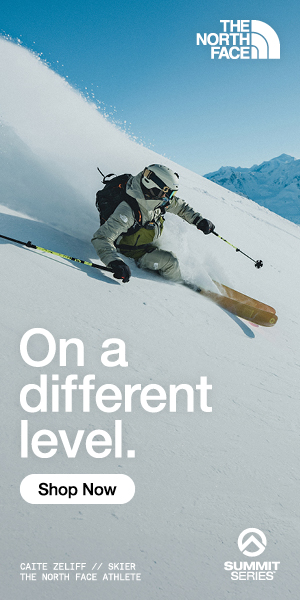The Snowports Industries of Australia (SIA) are calling on the government for urgent financial relief for the snowsports equipment industry in the wake of the COVID-19 crisis.
The organisation released a statement this week including anecdotes from Australia’s snow retailers outlined below. The SIA revealed that the country’s wholesalers, importers, manufacturers, retailers, rental businesses and other trade buyers are in meltdown due to border closures and ski resort restrictions.
Now with Melbourne in lockdown, ski lifts closed at two of the major Victorian resorts and others running on restricted numbers, the snow industry is imploding.
“It desperately needs assistance,” said SIA president Edward Fortey in the statement. “The retailers, ski hires, bars, restaurants, lodges and other businesses employ mainly seasonal and local workers. Few, if any of them, are qualifying for JobKeeper or other assistance. Many businesses now have zero turnover.”
According to SIA the snow industry contributes well over $2 billion annually to the national economy and is one of the biggest employers in regional Australia, accounting for the equivalent of more than 20,000 full-time jobs. Summer visitation in Victoria alone adds a further $146 million to that state.
“Most of these are small businesses and many of them family-owned,” said Fortey.
“In the regions, bushfires this year decimated the summer business in New South Wales and Victoria, leaving operators waiting for winter to make up ground. But that isn’t how it’s turning out.”
Regional towns struggling
SIA shone a light on the current industry struggles for small towns that traditionally rely on winter visitation. Selwyn Snowfields in the New South Wales Snowy Mountains, was so impacted by bushfire it can’t open at all this winter, meaning no snow business in towns like Tumut and Adaminaby. Victoria’s government-operated Lake Mountain, hugely popular with cross-country skiers and snow players, is shut, meaning no snow visitors in towns like Marysville and Narbethong.
Simon Paton is an SIA member and has had the Bogong Ski Centre in Tawonga South, near Falls Creek, for 45 years and even in the worst snow year, would not have had one as bad as this, especially with Falls Creek now closed. The ski hire has gone from a six-figure turnover to basically nothing.
His partner, Liz Paton, runs Treats Cafe at the same location and is about 80 per cent down on revenue.
“We basically got one week of business post-Christmas and then the bushfires shut us down,” she said. “It’s my 21st year in the cafe; winter gets you back on track again, but not this year.”
They have staff that have been with them for as many as 30 years, but because they are seasonal and casual, none qualified for JobKeeper.
Urban retailers restricted
Auski, also an SIA member, is the biggest snow retailer in Melbourne’s CBD and July is usually their busiest month. Neil Ritchie, Auski’s owner, told SIA he expects to be 90 per cent down this July. Nevertheless he welcomes the federal government’s most recent JobKeeper announcements as it will give him some potential to retain his most important asset – his staff.
“We have 20 to 25 people full-time and our primary focus is to retain our key staff. Without them, we have no-one for training and buying and so on,” says Ritchie.
Australian skiers and snowboarders travelling to ski in the northern hemisphere during our summer account for about 30 per cent of annual turnover for Ritchie. He expects that to also fall to zero this year while borders remain closed.
“Rent is another challenge. I think landlords need to be more understanding. In the city, our rent is high, but we want to be a good tenant over the long term.”
Ritchie commends government for establishing the tribunal to help deal with Auski’s landlord if it comes to that.
Australians unable to travel to northern hemisphere
Dave Minelle owns Snowbiz, a Queensland snow retailer and SIA member with outlets in Brisbane and the Gold Coast. He typically employs 16 people.
“They’re career snow people, they know their stuff and some of it is really technical, boot-fitting and so on,” says Minelle in the SIA appeal.
“They have that knowledge and technical ability. The outlook isn’t good. Our next six to 12 months are not looking great. Even with JobKeeper and rental assistance we might not survive.”
Skiers and snowboarders heading to the northern hemisphere, Japan and to a lesser extent Canada, account for 65 per cent of his business and with borders currently closed, that is expected to also drop.
Most of his remaining business comes from Queenslanders travelling to New Zealand’s snowfields and that’s also out until a trans Tasman bubble is formed.
Australia’s seasonal winter businesses traditionally rely on the peaks to guide them through the troughs, however that will not happen in 2020. The SIA is calling for long term rental assistance and financial assistance for the snow industry so businesses can become viable and survive through to next year.
Read the full SIA statement here.

































